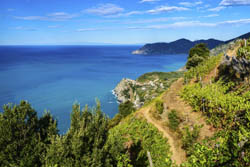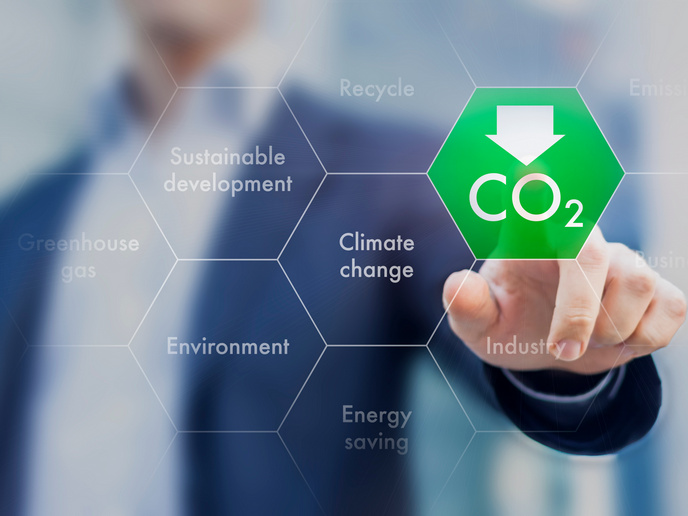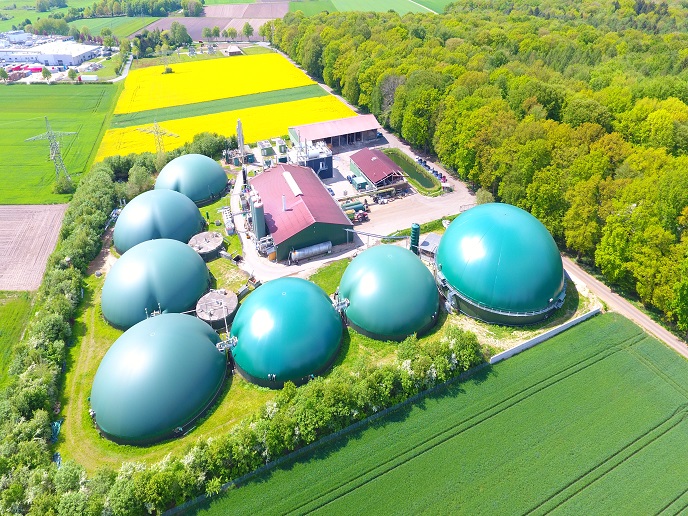EU–Mediterranean power against pollution
The Mediterranean region is considered to be one of the most beautiful regions in the world. However, the Mediterranean Seais threatened by the pollution and effluents of the thousands of towns, cities and industries that dot its coasts. Much of the pressure comes from solid waste and wastewater that end up in the Sea or in the rivers and lakes that lead to it. Against this backdrop, the EU-funded project 'Network in solid waste and water treatment between Europe and Mediterranean countries' (SOWAEUMED) sought to overcome this ominous development. Project members built robust partnerships among scientists, policymakers and industry experts on the topic across the EU with Associated States and Mediterranean countries. They reinforced treatment technologies related to water and waste control by linking with concerned institutions, conducting training and encouraging mobility of staff among all implicated nations. Part of this effort involved strengthening institutions to exploit not only conventional treatment approaches but also advanced solutions and nanoscience-based treatment technologies and applications. To achieve its aims the project team reinforced research and development (R&D) infrastructure by acquiring new equipment for sci-tech research centres. It outlined pivotal topics that should be researched, in addition to communicating these research priorities and delivering roadmaps to stakeholders. These included researchers, inventors, decision makers, funding agencies, innovators, industry investors and policymakers. SOWAEUMED made significant progress in researching water and sediment in different areas, as well as in studying methods of purification of polluted waters. It investigated pollution parameters and fostered researcher and expert exchanges among different countries in the region. Achievements also involved disseminating relevant information to concerned stakeholders, holding regular meetings to map future priorities, and reinforcing businesses involved in waste and water treatment. Overall, the project led to much more solid research relationships and partnerships, which is expected to yield joint EU–Mediterranean projects in environmental fields. It also improved databases that will help launch more projects and linked with other EU initiatives in the field. The outcome is expected to be a cleaner Mediterranean and a better standard of living for numerous communities across the region.







